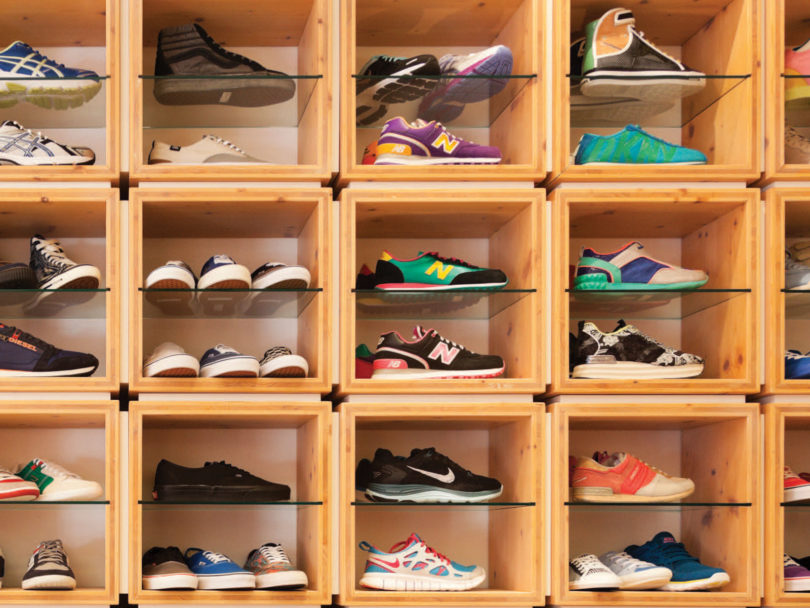Running is an instinctual movement for humans. Humans run, simply, because it’s faster than walking. Running helped early humans hunt and avoid being hunted. A few millennia later, humans now run for exercise and sport instead of survival. Running is already painful enough for some of us. Without the right running shoes, it can lead to cramps, aches and real injuries developed over time. However, with the right shoes, running can be a fun and comfortable way to live a healthy lifestyle.
Tens of millions of Americans run or walk for exercise each year, which in turn means millions of pairs of running shoes are sold each year. Major shoe and fitness companies are meeting this demand by producing dozens of varieties of shoes designed specifically for running.
Whether you’re someone looking to begin running for exercise for the first time or are an avid runner searching for the perfect pair of running shoes, the choices can be overwhelming.
But picking the right kind of running shoe should be the first step in your search for the perfect pair, more so than the brand or even the price.
How to Pick the Right Kind of Running Shoes
“You want a running shoe with the best midsole you can afford,” says Jim Elder, owner and operator of Colonial Sports in Williamsburg for 23 years. The midsole is the part of the running shoe that provides stability and cushioning as you run. Picking the right kind of running shoe depends primarily on how arched your feet are, how your body distributes its weight as you run and how your foot strikes the ground.
On a very basic level, if you have naturally high arches, running shoes with basic cushioning can help prevent shin splints and knee problems. The amount of cushioning in a shoe varies as well. If you have normal or medium arches, stability running shoes provide cushioning and support as your foot strikes the ground. If you have low arches or flat feet, motion-control running shoes are recommended to prevent over-pronation, or inward moving and ankle rolling as your foot strikes the ground.
Price Doesn’t Always Mean Quality
Running shoe prices can range anywhere from around $50 to several hundred dollars a pair. But a high price doesn’t necessarily indicate quality or comfort. What matters most is that the shoe is right for the type of feet and gait you have, providing the most comfort and safety.
“I tell my customers, if the $90 off-brand shoe works as well as the $180 big-brand shoe, I personally would buy the $90 pair,” Elder says.
There are plenty of shoe-buying options online, but an in-store experience can be priceless. Getting the shoes on your feet and walking in them can help you avoid shoes that may look good but don’t feel good.
Elder takes that in-store experience one step further at Colonial Sports, as many sporting goods and shoe stores do, and offers free gait analysis for customers when they come looking for new running shoes. Elder estimates that he has analyzed the gaits of several thousand people over the years, and that experience helps him guide his customers in the right direction.
Getting a gait analysis can be a useful resource in narrowing down the search for the perfect pair of running shoes. How much arch support you need and how your foot strikes the ground as you walk and run helps professionals like Elder pick the most functional, comfortable and affordable running shoe for you.
“My reward is someone calling me back a week later and telling me they’re really happy with the shoes they bought,” Elder says.


